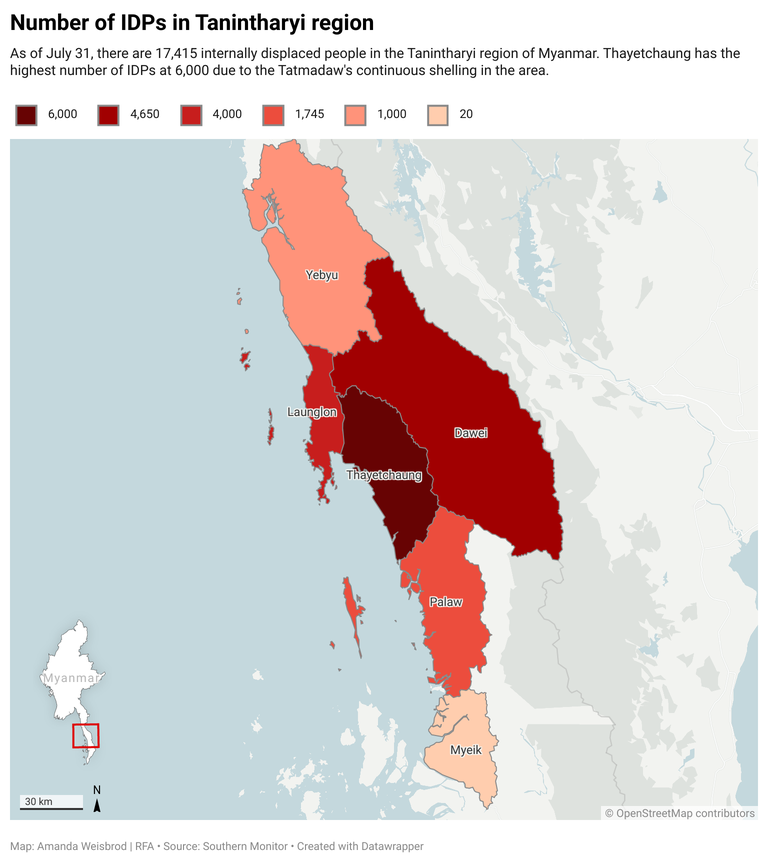Xinjiang officials use China’s anti-crime campaign to target ‘disloyal’ Uyghurs
Authorities in China’s far-western Xinjiang region used the Chinese government’s 100-day crackdown on criminals and fugitives to target Uyghurs deemed “religious extremists” and “two-faced,” a police officer in a major city said. The campaign was rolled out by Wang Xiaohong, a close ally of Chinese President Xi Jinping who was appointed public security minister on June 25, to eradicate criminal forces and to shore up political security and social control across the country. Wang directed police to “diffuse all kinds of safety risks and resolutely safeguard social stability” in the run-up to the 20th National Congress of the Chinese Communist Party later this year, when the party’s national policy goals for the next five years will be set and its top leadership elected. At a July 15 promotional meeting for the “Hundred Days Action” across China, Chinese public security leaders said that 42,000 cases had been cracked and 72,000 criminal suspects had been arrested during the campaign, according to Chinese media reports. RFA called Chinese police departments at various levels in the region to find out how the operation affected the predominantly Muslim Uyghurs in Xinjiang, who have borne the brunt of China’s oppressive policies for decades. Tight-lipped authorities generally declined to discuss cases, but the public security sweep in Xinjiang targeted mainly Uyghurs deemed “religious extremists,” “separatists,” “terrorists” and “two-faced persons,” state media in Xinjiang said. The Chinese Communist Party uses the term “two-faced” to describe people — usually officials or party members — who are either corrupt or ideologically disloyal to the party, though it is often applied to Uyghurs in official positions who are interested in carrying on their cultural and religious traditions. A police officer in Hotan (in Chinese, Hetian), a major oasis town in southwestern Xinjiang, confirmed the city’s police headquarters held meetings on “eliminating and fighting against evil forces” in recent months. The anti-crime campaign elsewhere in China focused on crimes like theft, while in Xinjiang officers sought to catch allegedly disloyal Uyghurs, officials said. Authorities focused on “operations against evil forces” in Hotan, the police officer said. “’Evil forces’ refer to people who take criminals under their wings,” he told RFA. “Here our main targets in eliminating evil forces are those people who took people who preached religion illegally under their wings, protecting them from being prosecuted. The people they took under their wings also include separatists, extremists and two-faced people.” “Pickpockets and thieves are in the periphery of our target in this operation,” he said. “The main targets are the ones I mentioned earlier.” The officer went on to say that authorities arrested a man named Waris and more than 10 people during a social gathering that was attended by more than 500 people. “We took them away with black hoods on their heads,” he said. “The ones who were arrested are all male. There were no females among them.” The policeman said he did not know the identities of the 10 others, and that the case was classified as a “state secret.” Xinjiang’s Uyghurs and other Turkic minorities in Xinjiang have been subjected to severe human rights abuses, torture and forced labor, as well as the eradication of their linguistic, cultural and religious traditions in what the United States and several Western parliaments have called genocide and crimes against humanity. Chinese authorities have detained up to 1.8 million Uyghurs and other Turkic minorities in internment camps since 2017, according to numerous investigative reports by researchers, think tanks and foreign media. China has said that the camps were vocational training centers meant to deter religious extremism and terrorism, and that they are now closed. Translated by the Uyghur Service. Written in English by Roseanne Gerin.




